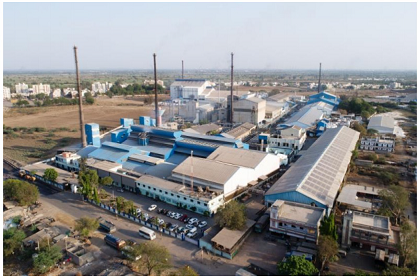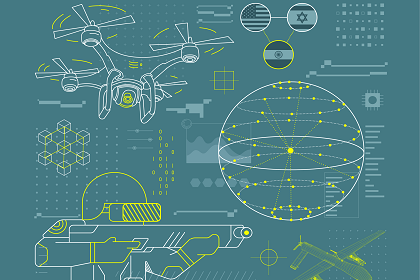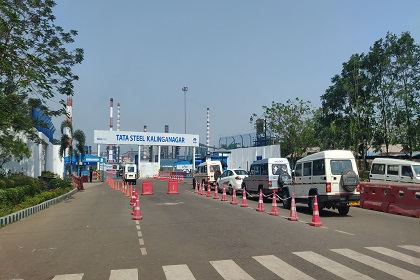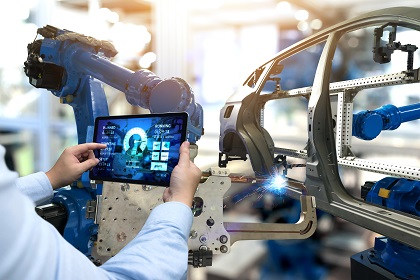Piramal Glass: Breaking manufacturing myths
In Dec 2020, U.S. private equity firm Blackstone acquired a controlling stake in Piramal Glass, in recognition of its inherent business value and accelerated digital journey. The plant in Kosamba, Gujarat, is an export powerhouse which has adopted digital technologies like IoT and cloud, and is a lodestar for brownfield facilities looking to become globally competitive, data-driven, and Industry-4.0 enabled. Early digital innovation helped restore plant-wide operations within a week of the COVID-19 pandemic, whilst adhering to stringent regulatory norms and workforce restrictions.










